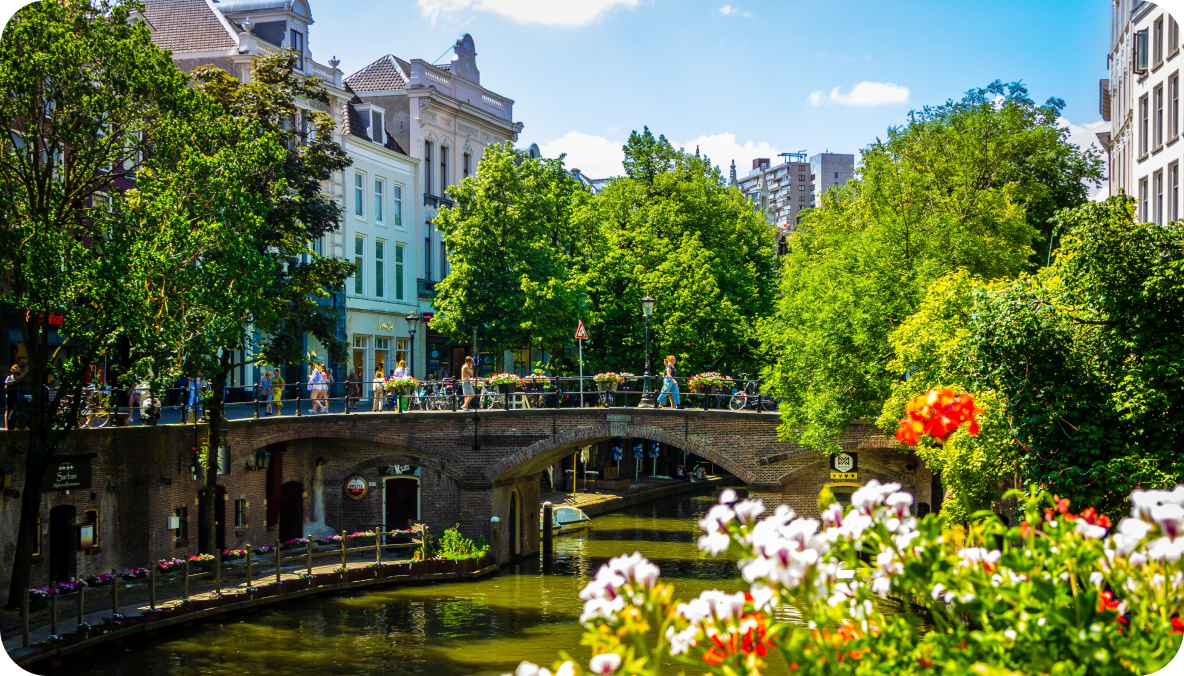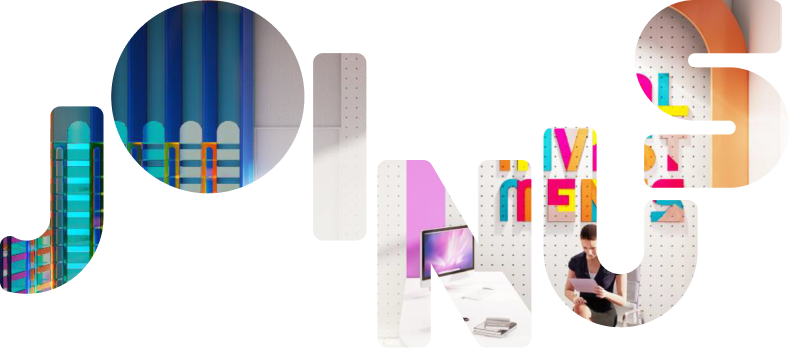The Role of Facilitators in the Netherlands Startup Visa Program in 2025
As the Dutch startup visa pilot ends, facilitators are taking center stage in shaping its future. Discover why their role matters more than ever.

As the Netherlands’ innovative startup visa program approaches the end of its pilot phase on June 1, 2025, the startup landscape is at a critical inflection point. Central to this program’s design and its potential future is the role of facilitators recognized business mentors whose support for non-EU entrepreneurs goes far beyond formal endorsement. These facilitators have played a transformative role in shaping the experience of international founders in the Netherlands, and their importance is set to grow in the years ahead.
Whether you’re a startup founder exploring the Dutch market or an ecosystem stakeholder watching the evolution of this visa category, understanding the role and impact of facilitators has never been more important.
Who Are Facilitators in the Dutch Startup Visa Program?
In the Netherlands, a facilitator is more than just a sponsor. These are experienced entrepreneurs, incubators, accelerators, or organizations recognized by the Dutch government for their ability to guide early-stage businesses. Their job is to mentor and support foreign entrepreneurs during their initial year in the Netherlands under the startup visa scheme.
The relationship between the startup and the facilitator is not merely administrative. It’s a deeply collaborative partnership where the facilitator:
Helps entrepreneurs develop a viable business plan,
Provides strategic guidance,
Opens doors to key industry contacts,
And ensures the startup has a clear, innovative focus aligned with Dutch market opportunities.
Importance of Facilitators
The facilitator is often the startup’s first and most important local connection. This role combines strategic advice with practical support from cultural orientation to navigating bureaucracy.
Here’s what makes their contribution so essential:
1. Business Mentors
Facilitators help refine the startup’s value proposition and business model. Many are seasoned entrepreneurs or accelerator managers who understand market entry strategies, funding routes, and business scaling techniques.
2. Cultural Liaisons
Relocating to a new country brings cultural challenges. Facilitators help entrepreneurs understand local customs, business communication styles, and expectations to making integration smoother.
3. Network Builders
Facilitators leverage their established networks to connect startups with potential co-founders, partners, investors, service providers, and even their first clients. In many cases, a single introduction by a facilitator has led to crucial breakthroughs for startups.
2025: A Year of Transition
The upcoming end of the startup visa’s pilot phase introduces both uncertainty and opportunity. As of now, policymakers have not officially confirmed whether the current model will be extended, revised, or replaced. In response, facilitators are taking a proactive approach to prepare both themselves and their mentees for what may come next.
Key Adjustments by Facilitators in 2025:
Scenario Planning: Many facilitators are now helping startups plan for various policy scenarios. Will a new visa route replace the startup visa? Will criteria become stricter? Will support mechanisms change?
Evolving Services: Some facilitators are shifting from informal mentoring models to more structured support, including legal compliance, investor readiness, and soft-landing packages.
Legal and Policy Engagement: Facilitators are increasingly engaging with Dutch policymakers and ecosystem builders to advocate for the continuation of the startup visa in some form — especially given its role in attracting talent and fostering innovation.
The Expanding Scope of the Facilitator Role
In the early years of the program, facilitators primarily functioned as mentors. But today, their role has grown significantly, encompassing several new functions:
1. Cultural Integration Specialists
Facilitators increasingly help founders deal with the social and cultural aspects of starting a business in the Netherlands, from understanding how to pitch to Dutch investors to complying with communication norms during business meetings.
2. Compliance and Legal Navigators
As regulatory demands become more complex, facilitators now assist startups with GDPR compliance, tax obligations, visa renewals, and employment law. Some even offer in-house legal support or partner with law firms.
3. Innovation Validators
Because one of the program’s core requirements is to demonstrate a truly innovative product or service, facilitators help startups refine their messaging, perform market validation, and clearly articulate their innovative edge to Dutch authorities.
The Facilitator as a Quality Filter
One of the reasons the Dutch startup visa program has maintained a relatively high success rate is the quality assurance built into the facilitator system. Facilitators must report on the progress of each startup and take responsibility for endorsing businesses they genuinely believe in.
This ensures that:
Only promising and well-prepared startups are accepted.
Dutch authorities have greater confidence in issuing residence permits.
Startups benefit from a higher level of ongoing support.
In effect, facilitators act as gatekeepers of innovation, helping maintain the integrity and reputation of the Dutch startup ecosystem.
Challenges Facing the Facilitator System
While the model has many strengths, it’s not without limitations. A few critical pain points have emerged over the years:
1. Limited Availability
The number of officially recognized facilitators remains limited. This can create bottlenecks, particularly for startups from less conventional sectors (e.g., sustainability tech, creative industries) who may struggle to find a match.
2. Industry Fit
Some facilitators are more experienced in certain industries (like SaaS or FinTech), making it difficult for founders in niche sectors to find tailored support.
3. Lack of Transparency
The current matching system between startups and facilitators is not standardized. Many founders report difficulty in identifying or reaching facilitators, and the expectations on both sides can be unclear.
Looking Ahead: Trends Shaping the Post-Pilot Future
Whether the program is extended or reimagined, one thing is certain: the role of facilitators will continue to grow in complexity and influence. We expect to see the following trends unfold:
1. Specialization
Facilitators will begin focusing more narrowly on specific industries. This will allow them to deliver deeper insights and form closer ties with relevant stakeholders — such as VCs or accelerators in that space.
2. Digital Mentorship
Expect to see more virtual mentorship programs and digital platforms facilitating the mentor-startup relationship. This hybrid approach may even attract overseas facilitators or support pre-arrival planning.
3. Alumni Communities
Successful startups who benefited from facilitator support may stay involved — forming alumni networks that create a feedback loop of guidance, shared learning, and even investment opportunities.
4. Policy Advocacy
Facilitators are likely to organize more formally to influence immigration and startup policy. Already, some facilitators are proposing changes to improve clarity, eligibility, and support structures in future iterations of the visa program.
How 2025 Applicants Can Prepare
If you’re considering applying for the Dutch startup visa in 2025, there are several strategic steps you can take to position yourself for success.
Early Outreach
Don’t wait until you’re ready to apply. Reach out to facilitators at least 3–6 months in advance. Building a relationship takes time, and facilitators often work with a limited number of startups per year.
Do Your Homework
Not all facilitators are the same. Research their focus areas, track records, client testimonials, and support models. Some may charge fees, while others work on equity or provide free mentoring.
Be Transparent
When you do connect with a facilitator, be upfront about your vision, your needs, and your expectations. A strong facilitator-founder relationship is built on mutual trust and clarity.
Entrepreneurial Immigration
The Dutch startup visa program has proven to be more than just an immigration route. It's a bold statement about the kind of entrepreneurship the Netherlands wants to attract is innovative, resilient, and globally minded.
Facilitators are the heart of this vision. They are the mentors, connectors, and champions of foreign-born founders navigating a complex and competitive startup landscape. As we look ahead to the future of the program beyond June 2025, their role will only become more crucial. Whether you’re a founder, investor, or ecosystem builder, with The Unusual Space, you will collaborate with a highly dedicated and skilled team and this will be key to succeeding in the Netherlands’ evolving innovation economy.
For additional details on the Startup Visa program, please also read this article.



